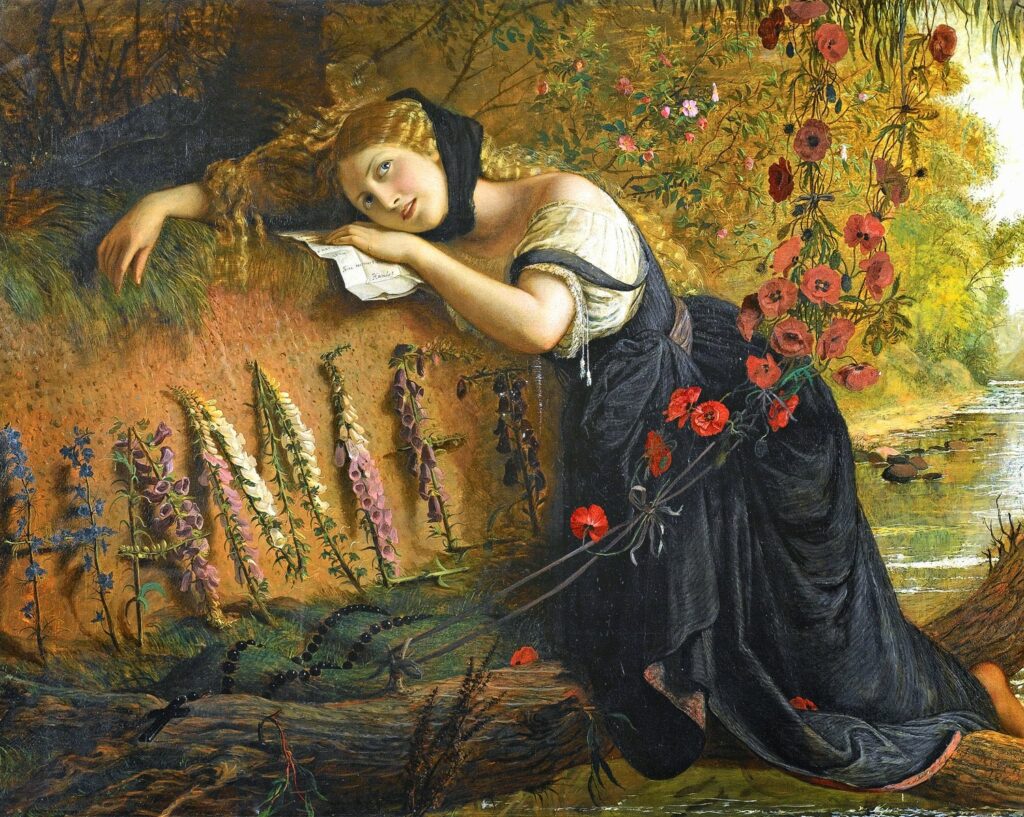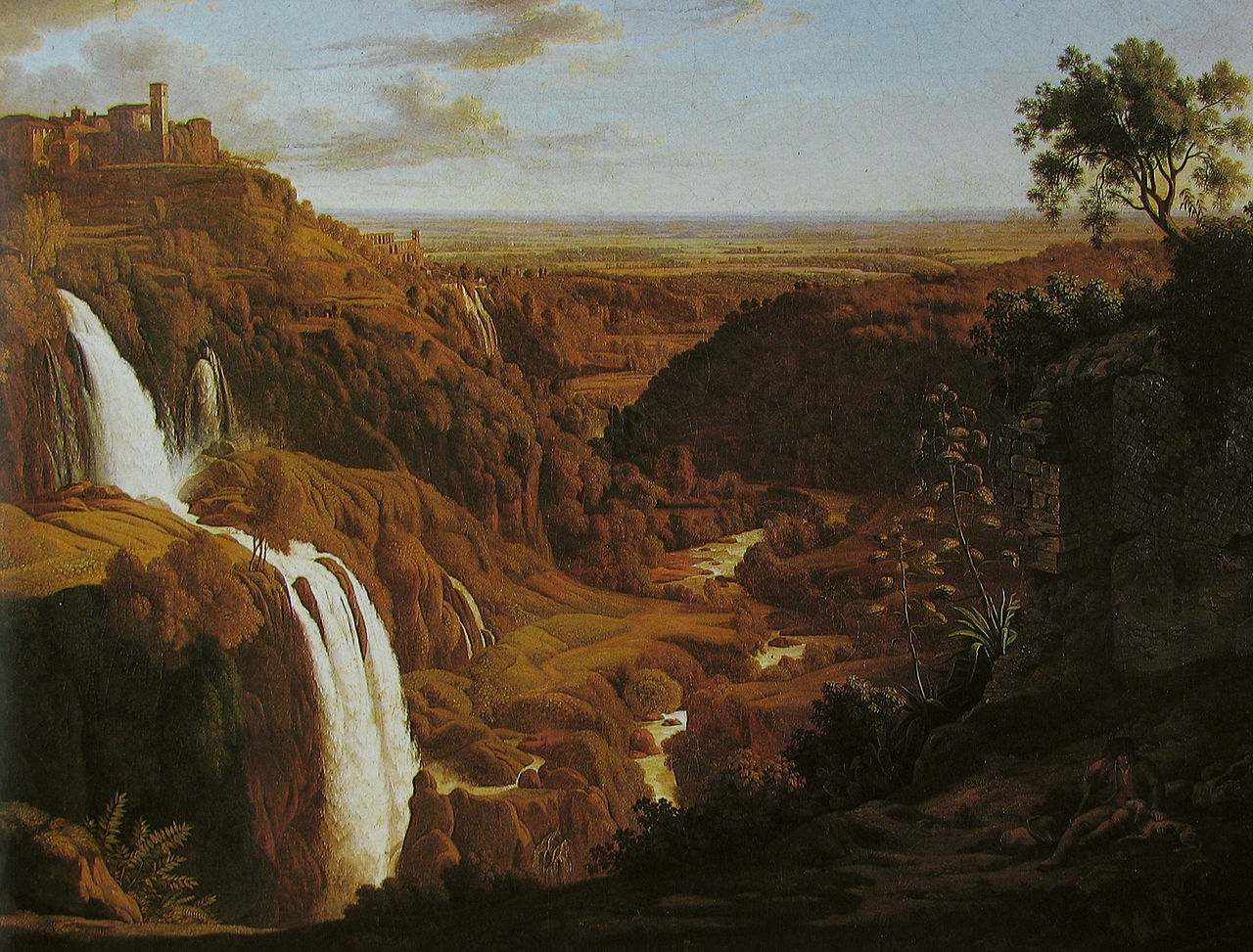In the Fifth Treatise of the Corpus Hermeticum, Hermes Trismegistus speaks to his son Tat of the highest Good, that which belongs to the One alone; untouched, unmingled, inaccessible to the world below. He warns that all which appears on earth is, by necessity, marked by mixture and passion, the shadow of a perfection it cannot fully receive. And, yet, the axiom “As Above, So Below” has so often been flattened into a naïve mirroring, as if the purity of the heights could ever spill into the lowlands without distortion. What if the true meaning, as Hermes meant for Tat, is not a comfort, but a wound: a reminder that the world is stitched from echoes, and that every correspondence is a risk, never a guarantee?
Ever since the first wanderer tilted their gaze to the night sky, a question was etched into the stone of centuries: what secret thread binds the spheres to the dust, the stars to flesh? Can the order of the cosmos be deduced from the spiral of a snail, or the routine of the old woman on the ground floor who sweeps at the same hour each day? When you stumble on an unexpected pattern; a broken mosaic on the pavement, the geometry of leaves on a window ledge, or even the zigzag of queues outside the bakery. Do you ask: accident, or the signature of some hidden Architect? Yet what if harmony is more jazz than classical, full of improvisations, pauses, syncopations? Are we not always trying to fit a bridle on the fog?
Alchemy, more than a science of transmutation, has always been the art of deciphering paradoxes. Mercury rises and falls like the price of fish at dusk; slippery, evasive, always escaping the fingers of the distracted. Solve et Coagula, the ancients said: dissolve to reconstruct, separate to unite. Ever tried to glue a cracked old cup with superglue? The seam always shows to the attentive eye. And true gold? Perhaps it is only ever a promise, like those friends who swear to meet you at the end of the night but vanish somewhere along the way. Are we searching above out of fear of soiling ourselves below, or is the mud itself the ticket for the journey?
We navigate these symbols as one who drifts through the city at night, shoes soaked, guided more by instinct than map, attentive to what others miss. Orpheus descends into Hades, believing his music can outwit the rules of the underworld, but a single false step, a look at the wrong time, and it all unravels. Inanna passes through seven gates, shedding every symbol until she stands naked before herself. Who has not lost track of time on a long night, suddenly mapless, suddenly exposed? Return is always mixture, never pure; reflection gains its depth from what it cannot hold. Do we dare to cross, or do we settle for the warm glow through the shop window?

Some confuse the Symbol with destiny, correspondence with copy. Why the urge to fit everything into formulas? Why does a raindrop on your forehead, after a night spent awake, sometimes feel like baptism, other times just nuisance? And a child’s laughter in the street: is it an echo of the divine, or just the simple joy of ice cream? Remember: Eros and Psyche only meet after chaos, doubt, fatigue. Is the reflection always imprecise because the Above refuses to be captured, or because light itself only reveals through cracks? How many answers can fit inside the unfinished frame of a question?
But why do we seek guarantees in the mirror? Is it fear of getting lost, or simply habit, like counting the cracked tiles as we walk? The modern world collects instruction manuals for everything, from bread to love, but who pauses to listen to the silence between two footsteps, or notices the swinging streetlight at a bus stop? The veil is not to be lifted; it is to be danced with. Is correspondence a smooth road, or a crooked alley where every stone could tell a story? What rules do you invent for chaos and how many slip from your pocket as you wander?
The humor of the gods, so rarely spoken of, shows itself in glitches and missed connections. The perfect rose has thorns; fresh bread always burns your hands when broken open; and the most luminous conversation happens, almost always, after midnight, when there are no more trains to catch. Plato knew this: he set truth to dancing between cups and metaphors, like a flâneur who never reveals his route. Seeking meaning? Perhaps the secret is to search without knowing, to peer, to laugh, to stumble.
In the end, perhaps all the quest for correspondence between Above and Below is, after all, the art of flânerie within longing itself: eyes open to surprise, accepting the reflection as invitation, never possession. We walk among veils, shoes worn thin, sometimes lost, sometimes caught by a shaft of light in an unnamed alley. Maybe it is in that oscillation, between what is missing and what overflows, that the Mystery makes its home. Those who chase exact maps may never leave their doorstep. But those who let themselves be surprised, even by a dog barking at the moon, may find that invisible thread that links all things. And then, without noticing, we stop questioning the mirror. We smile, turn up your collar against the night, and keep walking. Because it is the very wandering that weaves the way.
